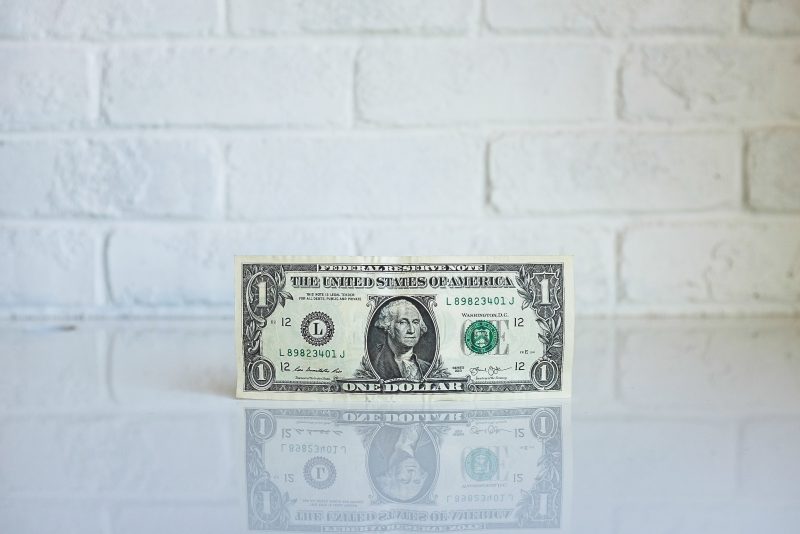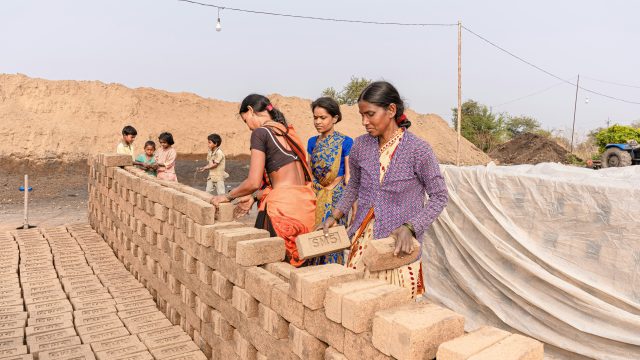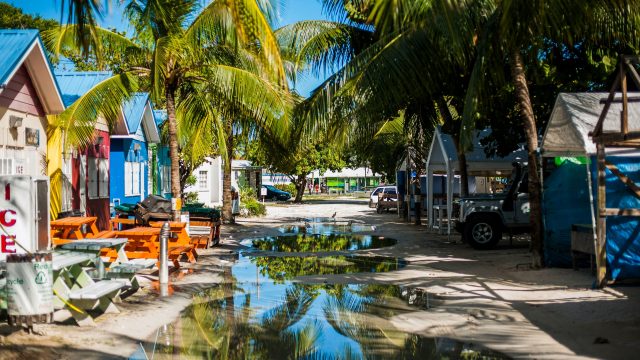The reform of money for a new green economy

Private banks should be prohibited from creating money and this power should be transferred to a public authority which would create new money debt free.
There is this magic box (power to create money) out there and anybody who has this magic box can just pull money out of it. Over the centuries kings and private banks fought for control over this "Magic box". Now it is in the hands of private banks.
The solution is to put this magic box in the centre of the society, so that everybody knows where it is and how exactly it is being used.
In practical terms it means giving the power to create money to a transparent body and make sure that we know exactly what they are doing, how much money they have created in any moment and where that money is going.This body should be independent from government, under democratic control and accountable to parliament. It should decide the amount of money necessary to facilitate exchange in the economy, create it debt free and transfer it to the government to spend (not lend) into existence.
Under this new debt free system new money would enter the economy as a grant, not as debt. Banks will start operate in the way that most people think they currently do - by taking money from savers and lending it to borrowers (rather than creating new money (deposits) whenever they make a loan, and walking a tightrope between maximizing profit and becoming insolvent).For customers of the bank, this means they will only be able to earn a rate of return (interest) if they are willing to give up access to their money for a certain period of time.
Customers would have a choice in how banks invest their money or to opt out of investment altogether. (When you put money in the bank in present system it becomes the banks' legal property to do as they like with, regardless of your ethics.) So bank customers could choose to invest in renewable energy, green tech or organic farming. You'd either choose what sector your money is invested in or just use your account like a safety deposit box. Those that invested would get a higher rate of interest but they'd also be taking the greater risk. For more detail on our proposals click here.
So what might this mean for a green economy?
- Above all our proposals mean that the pressure on economic growth will cease. Debt-based money will be replaced by debt-free money - this means that more and more money in circulation will be not owed to the banks but will be in the ownership of people. As a result:
- People will have higher disposable income; a wider percentage of the population will have savings available for investments; and the pressure for cheap goods will decrease.
- Businesses will not be so dependent on borrowing and will have more of their own funds; since they will have to pay less interest, they will have lower costs, therefore they could be profitable even when producing less, or they could afford to produce more durable goods. It is likely that they will have more funds available to invest into more eco-friendly technologies or into renewable energies.
- Governments will no longer be so dependent on borrowing, as they, not privately owned banks, will benefit from the power to create money; this will provide government with the additional amounts of money available to invest in into green energy, ecologically friendly transport infrastructure…
- Furthermore, our proposals will mean that people will choose sectors to lend to and many will not wish to lend to polluting companies. This will decrease the amount of funds available to lend to them, pushing up the price, and decreasing investment in polluters.
If we give people a choice where to invest money, we are more likely to see investments reflecting priorities of the society rather than bank profit.
Reform of the money system underpins a transition to a green economy. Tackling climate change, corporate responsibility and transitioning to a post-peak oil, low-carbon society are all virtually impossible without reforming banking.
If what we're campaigning for was implemented, it would free up the billions needed to transition to a green economy and banks' investment portfolios would reflect the interests of society as opposed to short term profits.
The solution exists. Our major task now is to help people and especially people who care about our planet, environment and social problems understand this. A campaign to reform our banking sector may not have the same appeal as ones focused on polar bears or impoverished children but, ironically, the limitations of our banking systems lies at the heart of many of the ecological and societal problems that we face as a global community. We are hoping to ally with other groups working in transition to a new green economy to help get the message out how important money reform is.
Mira Tekelova


